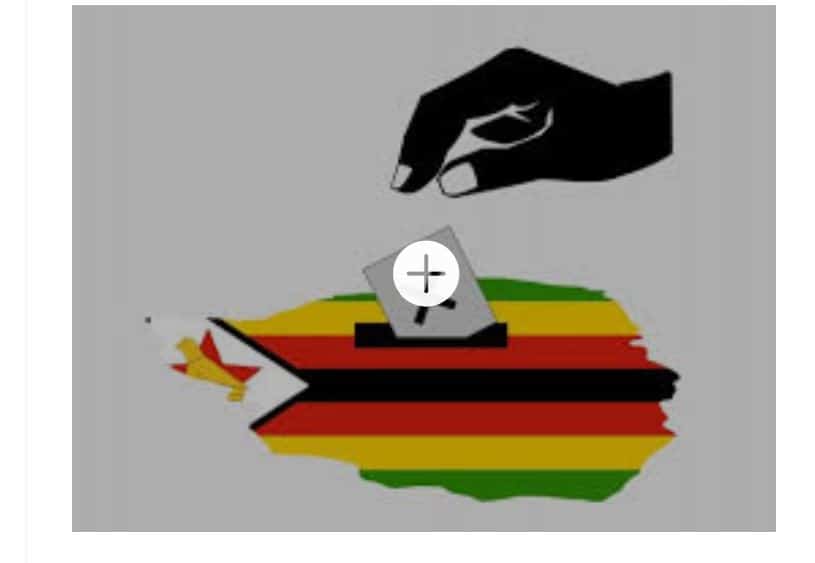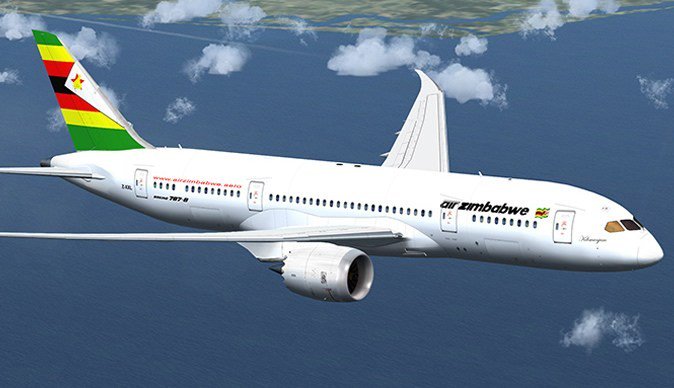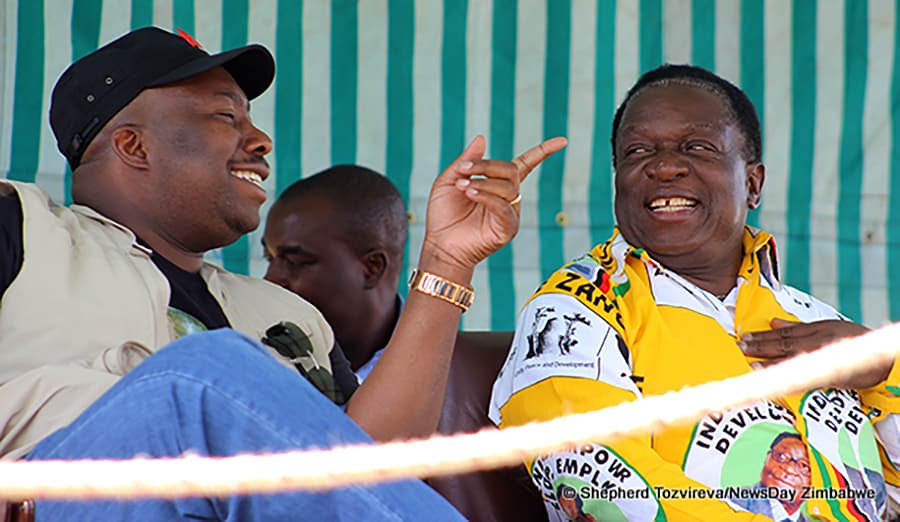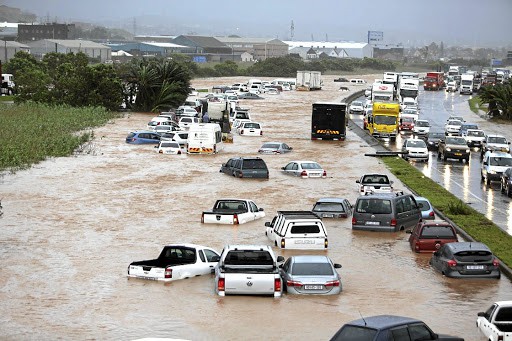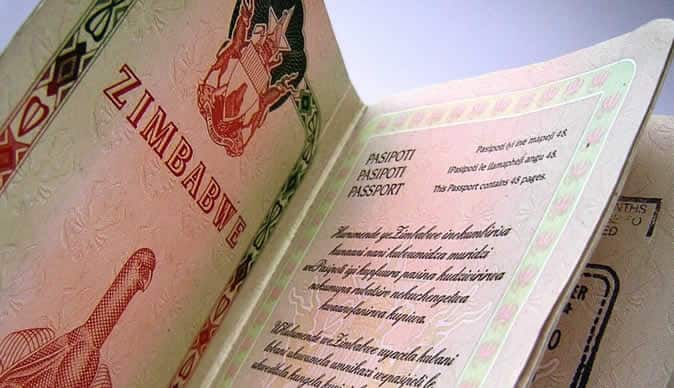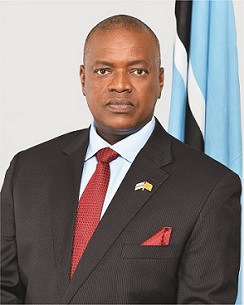A RECORD six million people are registered to vote in the 2023 harmonised elections, up by 500 000 from the last general elections.
The Zimbabwe Electoral Commission (ZEC), which concluded its final nationwide mobile voter registration in March, is finalising removal of duplicate and deceased registrants from the elections register before the voters’ roll is opened for public inspection.
However, voter registration is ongoing and will close two days after proclamation of the elections date by President Mnangagwa later this month.
The date for this year’s elections is likely to fall between July 26 and August 26.
ZEC deputy chairperson Ambassador Rodney Kiwa told The Sunday Mail last week that compilation of the final voters’ roll will be completed soon after proclamation of the elections.
“The voters’ roll cleaning is an ongoing exercise since voter registration for the upcoming harmonised elections is continuing up to two days after proclamation of the elections,” he said.
“This means new entries are being added to the voters’ roll, while deceased voters are being removed continuously.
“The exact number of people on the voters’ roll can only be established after the closure and inspection of the roll.
“Currently, there are about six million voters on the roll.”
Registered voter population stood at 5 695 706 on May 29, 2018, when ZEC gazetted a new voters’ roll at the conclusion of the inaugural biometric voter registration (BVR), ahead of that year’s elections.
There were 3 073 190 registered female voters and 2 622 516 males on the voters’ roll.
Harare Metropolitan province had the highest number of registered voters at 900 728, followed by Midlands province (761 982).
Conversely, Bulawayo Metropolitan province had the least number of voters at 258 567.
That year, President Mnangagwa announced the election date on May 30 through gazetting of Proclamation Number 2 of 2018 (Statutory Instrument 83 of 2018).
Nomination courts sat on June 14 countrywide.
Amb Kiwa said the elections management body is presently preparing for the voters’ roll inspection.
ZEC has set aside $31 billion for that exercise.
During inspection of the voter’s roll, prospective voters can verify their personal identification details and ensure their names are listed at the correct polling centres.
Ahead of the public inspection, ZEC will embark on an extensive voter education drive to acquaint prospective voters with the inspection process.
“The voters’ roll will be open for public inspection after proclamation, ensuing clean-up and compilation,” added Amb Kiwa.
“The process involves creating voters’ roll inspection centres countrywide, where registrants go physically to check their registration status.”
Meanwhile, prospective voters can also confirm their registration status using online platforms or on mobile phones using the USSD code *265#.
Once the voters’ roll inspection is completed, ZEC will begin compiling the final voters’ roll to be used during the harmonised elections.
“Voters’ roll inspection is followed by the final compilation of the voters’ roll before sitting of nomination courts.
“After that, the commission will publish the locations of all polling centres.
“This will be followed by printing of the ballot papers.”
Political analyst Mr Gibson Nyikadzino said proclamation of the election date will mark commencement of the election campaign period.
“Firstly, it (proclamation) is a Constitutional expectation for the President to do so, signalling an irreversible democratic process,” he said.
“Secondly, it is a yardstick to measure the readiness and willingness of political leaders and their parties to contest for power and the mandate to govern for the next five years.
“It also gives political parties ample time to present their manifestos to the people and outline their broad visions that serve as indicators of their commitment to voters.”
STATE MEDIA

